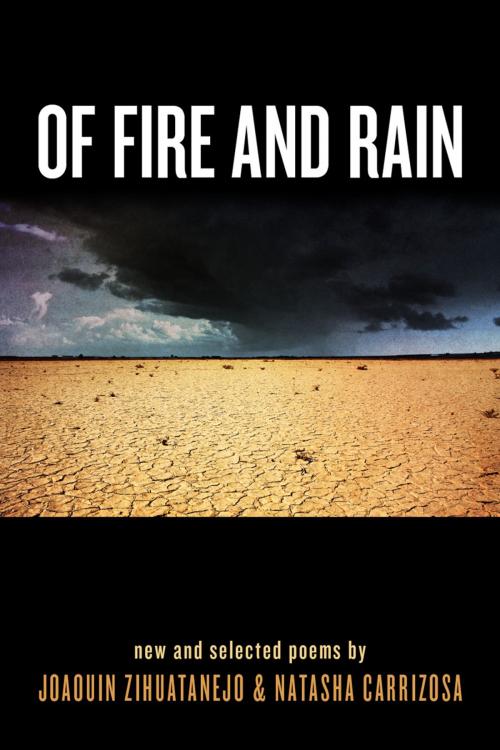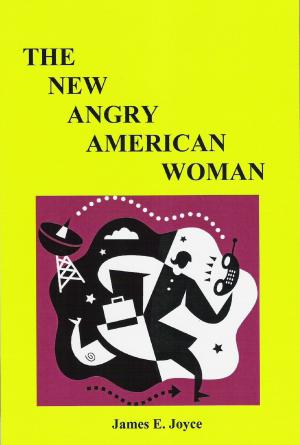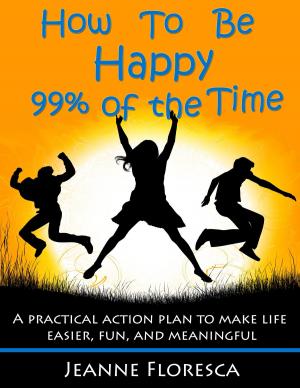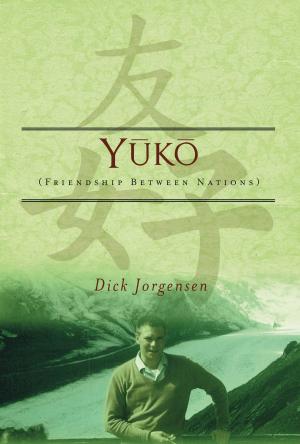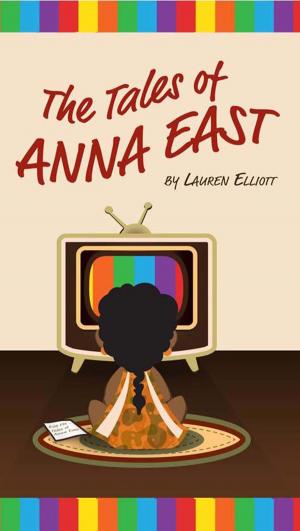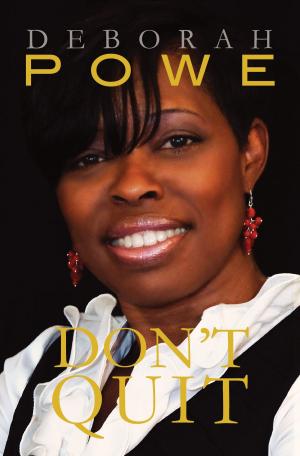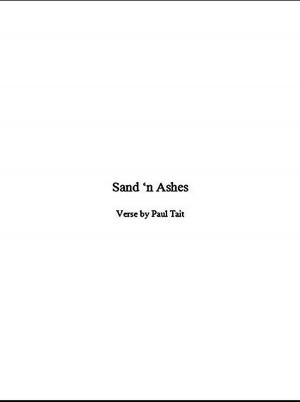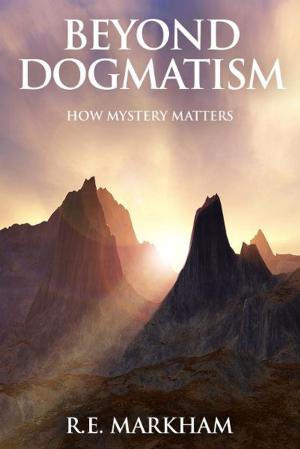| Author: | Joaquin Zihuatanejo, Natasha Carrizosa | ISBN: | 9781618424297 |
| Publisher: | BookBaby | Publication: | December 1, 2011 |
| Imprint: | Language: | English |
| Author: | Joaquin Zihuatanejo, Natasha Carrizosa |
| ISBN: | 9781618424297 |
| Publisher: | BookBaby |
| Publication: | December 1, 2011 |
| Imprint: | |
| Language: | English |
The new book by Joaquin Zihuatanejo and natasha carrizosa, of fire and rain, has been called a testimony of life and love that spans form the ghettos of the West Indies to the barrio of the Lower East Side. It is a series of powerful poems that will leave readers stunned and yearning for more. There is an honesty in these poems, a richness of voice that is without question that of a poet. In his solo collection, Barrio Songs, Joaquin attempts to capture the struggle of his people, the lost barrio boys of his youth, but in, of fire and rain, both he and carrizosa attempt to capture the struggle of many different kinds of people. The streets of Brooklyn, the deserts of Sudan and the people that inhabit them can be found in these poems. But perhaps the most gripping thing that these poems accomplish is how eloquently they give voice to the voiceless. Perhaps the goal of poetry is to tell an awful truth in a beautiful way. These poems do this. Jimmy Santiago Baca, author of Immigrants in our Own Land and a Place to Stand had this to say about the collection, "The poetry is lush and green and rich. One turns from inside the heart's thorny and parched landscape and encounters the poetic word to redeem the salt in the wound, the long-for kiss, to cool the burning-- these poems do just this." Naomi Shihab Nye, author of Yellow Glove and Different Ways to Pray commented on the collection, "Natasha & Joaquin write passionate, potent poems―their voices unafraid of questioning and reckoning―here's a cheer for their full hearts, vivid hopes & soulful journeys—" Rudolfo Anaya, who has been called by critics the grandfather of Chicano literature, and who wrote the masterpieces Bless Me, Ultima, and Alburquerque had this to say about Joaquin, natasha, and this daring collection of poems: "Joaquín and Natasha, your poems are like a satisfying summer rain replenishing a thirsty landscape. They are engrossing, thoughtful, deep with knowledge, and rich in poetic rhythms. As I read I felt in the presence of two old souls penning the red and black ink, awakening to life the wisdom of our ancestors. I rejoiced, knowing that you two represent a new generation of multicultural poets, willing to reveal your intimate lives, your joys and tragedies, and also sharing a profound empathy with the lives of los de abajo, those who have suffered the iniquities of history. I felt freedom and justice ringing in your poems, and I trust many readers will feel the same sense of liberation. You write from a wealth of experience, touching the soul as few can do, creating the emotional worlds to which all poetry aspires. At times the poems are whirlwinds of protest, reminding me of Neruda and the Nuyorican poet Miguel Algarin, poets who marry the essence of poetry with social commitment. So, Joaquín and Natasha, you join the ranks of those who tell us that poetry can be a cleansing wind blowing across the land, a wind to cool the sweat of workers and bend tyrants into submission. Your poems renew the energy of the soul, and as they go out into the world they will renew society."
The new book by Joaquin Zihuatanejo and natasha carrizosa, of fire and rain, has been called a testimony of life and love that spans form the ghettos of the West Indies to the barrio of the Lower East Side. It is a series of powerful poems that will leave readers stunned and yearning for more. There is an honesty in these poems, a richness of voice that is without question that of a poet. In his solo collection, Barrio Songs, Joaquin attempts to capture the struggle of his people, the lost barrio boys of his youth, but in, of fire and rain, both he and carrizosa attempt to capture the struggle of many different kinds of people. The streets of Brooklyn, the deserts of Sudan and the people that inhabit them can be found in these poems. But perhaps the most gripping thing that these poems accomplish is how eloquently they give voice to the voiceless. Perhaps the goal of poetry is to tell an awful truth in a beautiful way. These poems do this. Jimmy Santiago Baca, author of Immigrants in our Own Land and a Place to Stand had this to say about the collection, "The poetry is lush and green and rich. One turns from inside the heart's thorny and parched landscape and encounters the poetic word to redeem the salt in the wound, the long-for kiss, to cool the burning-- these poems do just this." Naomi Shihab Nye, author of Yellow Glove and Different Ways to Pray commented on the collection, "Natasha & Joaquin write passionate, potent poems―their voices unafraid of questioning and reckoning―here's a cheer for their full hearts, vivid hopes & soulful journeys—" Rudolfo Anaya, who has been called by critics the grandfather of Chicano literature, and who wrote the masterpieces Bless Me, Ultima, and Alburquerque had this to say about Joaquin, natasha, and this daring collection of poems: "Joaquín and Natasha, your poems are like a satisfying summer rain replenishing a thirsty landscape. They are engrossing, thoughtful, deep with knowledge, and rich in poetic rhythms. As I read I felt in the presence of two old souls penning the red and black ink, awakening to life the wisdom of our ancestors. I rejoiced, knowing that you two represent a new generation of multicultural poets, willing to reveal your intimate lives, your joys and tragedies, and also sharing a profound empathy with the lives of los de abajo, those who have suffered the iniquities of history. I felt freedom and justice ringing in your poems, and I trust many readers will feel the same sense of liberation. You write from a wealth of experience, touching the soul as few can do, creating the emotional worlds to which all poetry aspires. At times the poems are whirlwinds of protest, reminding me of Neruda and the Nuyorican poet Miguel Algarin, poets who marry the essence of poetry with social commitment. So, Joaquín and Natasha, you join the ranks of those who tell us that poetry can be a cleansing wind blowing across the land, a wind to cool the sweat of workers and bend tyrants into submission. Your poems renew the energy of the soul, and as they go out into the world they will renew society."
